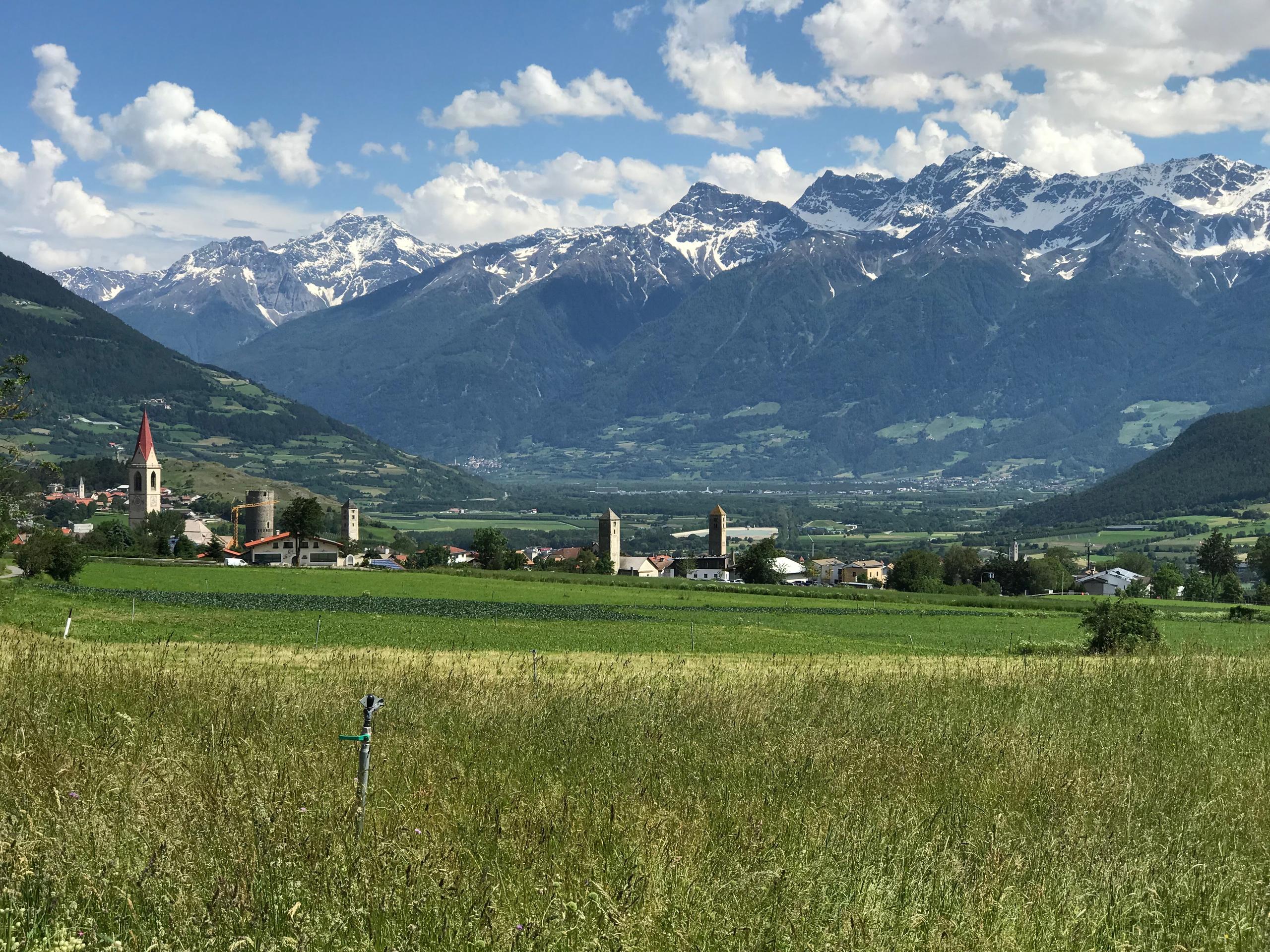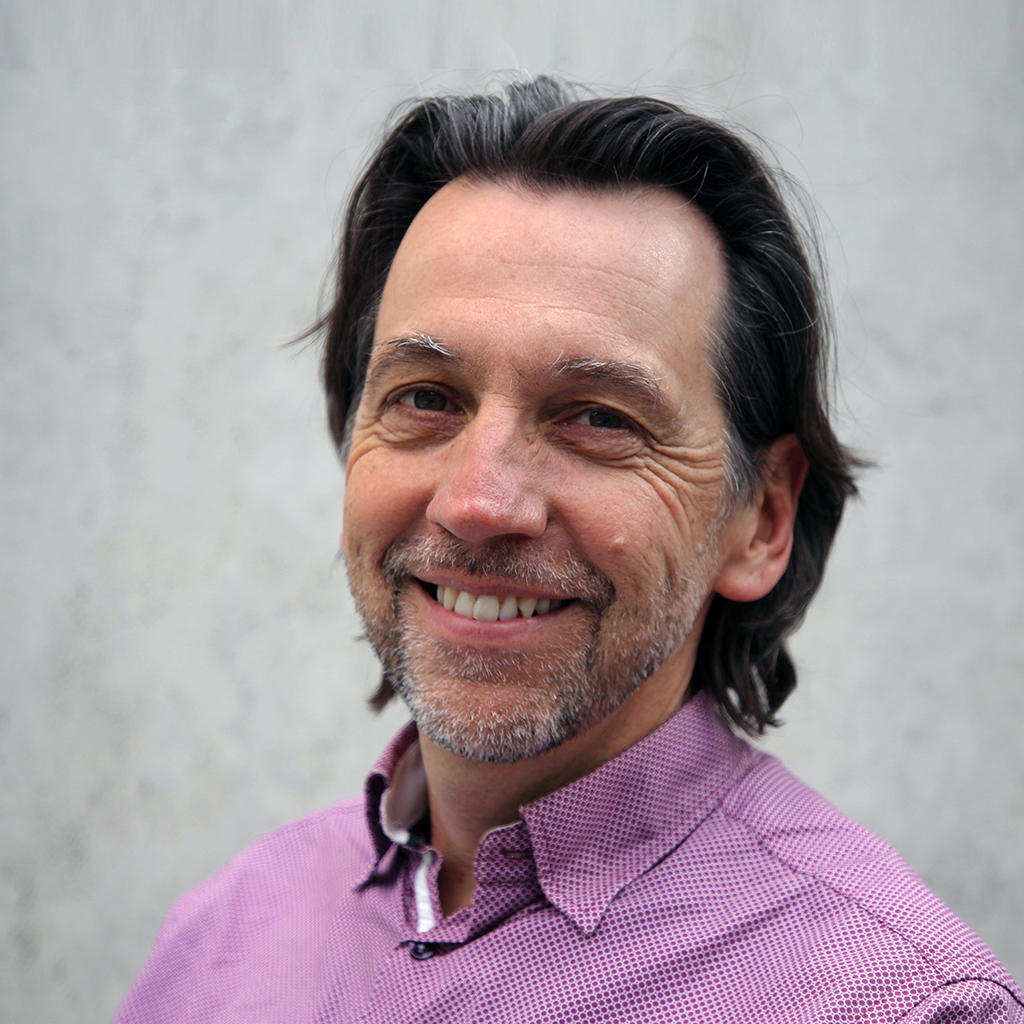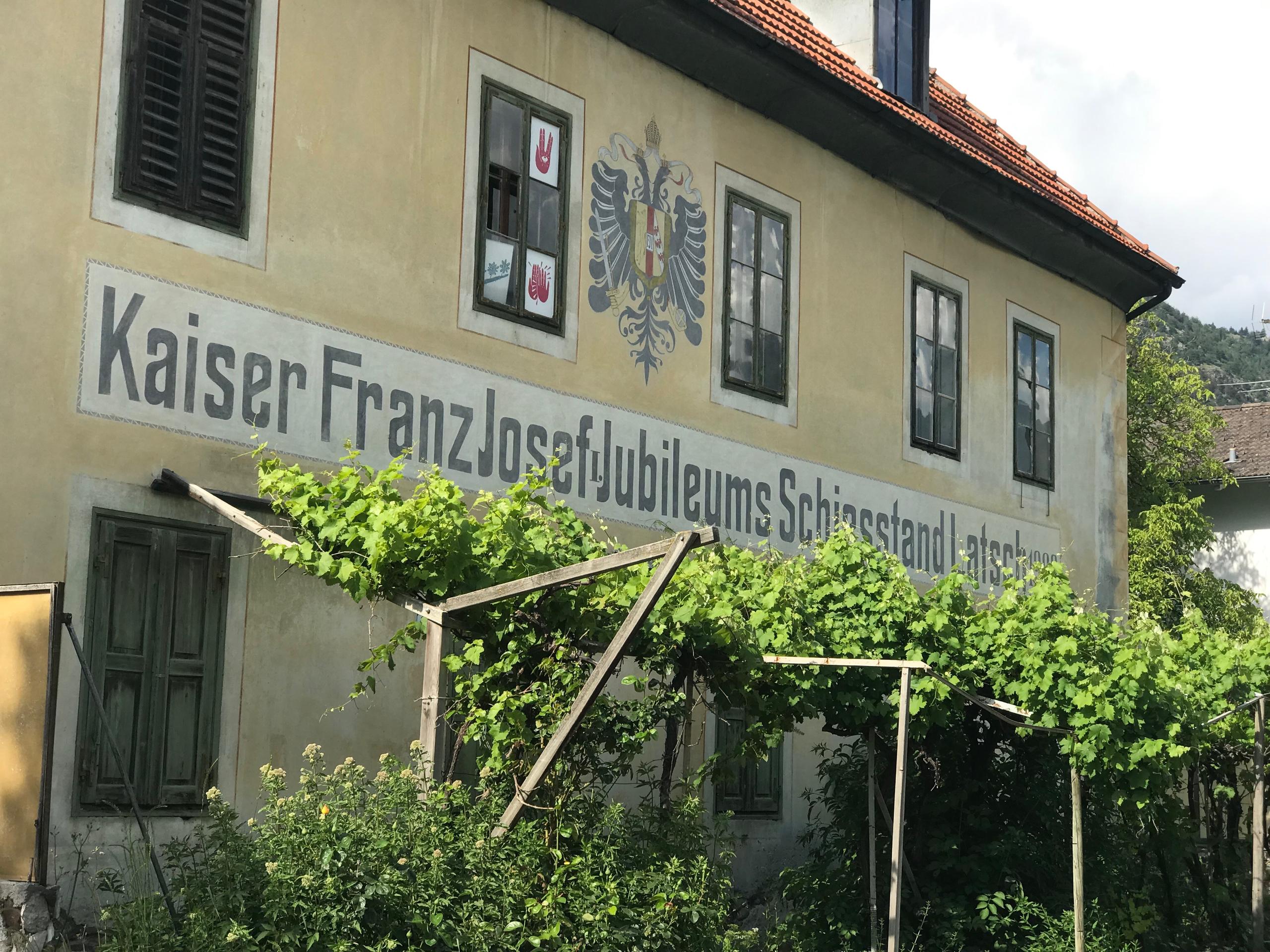German-speaking Italians provide a lesson for Europe

Once over the Ofen Pass, the descent to Italy is rapid. I’ve been on this road before, nearly 20 years ago, to write one of my first travel reportsExternal link for a fledging swissinfo.ch.
“Expectations of Switzerland are turned on their head if you enter the country from Italy,” I wroteExternal link, “leaving behind German-speaking Italians only to meet Romansh-speaking Swiss.”
Despite being home to one of Europe’s most successful nationalist parties, Switzerland’s linguistic minorities such as the Romansh speakers are protected. They have a short-lived civil war and the foresight of the founding fathers of the modern Swiss state to thank for that. The country’s minority French, Italian, and Romansh regions have wide-ranging autonomy, as do small mountain cantons whose interests often diverge greatly from more populous urban zones. That has served Switzerland well.
I’m set to explore life for another linguistic minority as I depart Switzerland to holiday in the Italian province of South Tyrol for the first time. I could be forgiven for thinking I haven’t left Switzerland.
Germanic culture in Italy
The visible wealth of the Tyrolian Vinschgau valley is its apple orchards. I can see little else looking up or down the long undulating stretch of land, save a few tidy villages dotted throughout, their thin spiky church spires like raised hands of school boys demanding attention. Mountain walls keep the orchards tightly hemmed in at the sides. And there are ruins of medieval fortifications. Built on precipices, I’m not surprised they were abandoned. What I do find incredible is that they were ever constructed in the first place.

There is a way of life here that I instantly recognize. It’s very ordered, very Germanic. Cyclists and pedestrians have their own clearly marked paths and trails to go about their business without fear of being run over or to explore the valley if they’re tourists.
In the villages, we stock up on round loaves of dark, whole-grain breads and stop for coffee and strudel at countryside inns with jaw-dropping views.
Culturally there is little separating South Tyrol from Austria’s Tyrol to the north or the Swiss Alpine regions to the west. We’re greeted by signs in German and the only exoticism in the German spoken by locals is a dialect peculiar to this area. If any divide exists, it is with the rest of Italy.
Italian in name only
South Tyrol is Italian only in as far as it is governed by Rome – the federal authority that levies taxes and, in darker times, imposed the Italian language on all Tyrolians, changed names of towns and streets, and banned German.
In recent history, this majority German-speaking mountain region was caught up between the warring sides in two global conflicts, and survived, as it did more than two decades of fascism. There was hope for a better, more independent future when the Second World War ended and an accord was signed that would grant this mountain region a large degree of autonomy. However it took nearly 40 years of political skullduggery and international interventions before wide-ranging independence was achieved.

South Tyrol is a living example of the imperfections of the 19th-century creation of nation states – the attempts to fit all peoples into large entities with singular identities. Its level of self-rule and economic success is today considered a model for other such enclaves in Europe.
Identity politics
But we Europeans must ask of the continent’s many nationalist parties that are growing in popularity, what future do they see for ethnic minorities like the people of South Tyrol? How do the German speakers here interpret slogans such as “Italy for Italians”?
An elderly man rises slowly from the café table next to mine. I haven’t noticed that he’s been watching me take notes. As he leaves he announces, “A left-hander!” “Yes,” I reply. “Difficult”, he adds. “No, it’s the only way I’ve ever known,” I answer.
Noticing my accent, he switches from German to Italian, the language he had to learn in school: “Tutto possibile” (anything is possible), and walks out.
The same could be said for this region, but the future won’t necessarily be as simple as taking a turn to the left or right.
Have you visited a part of Europe that doesn’t fit a mould? Were you surprised? Tell me about your experience.
dale.bechtel@swissinfo.ch

In compliance with the JTI standards
More: SWI swissinfo.ch certified by the Journalism Trust Initiative









You can find an overview of ongoing debates with our journalists here . Please join us!
If you want to start a conversation about a topic raised in this article or want to report factual errors, email us at english@swissinfo.ch.